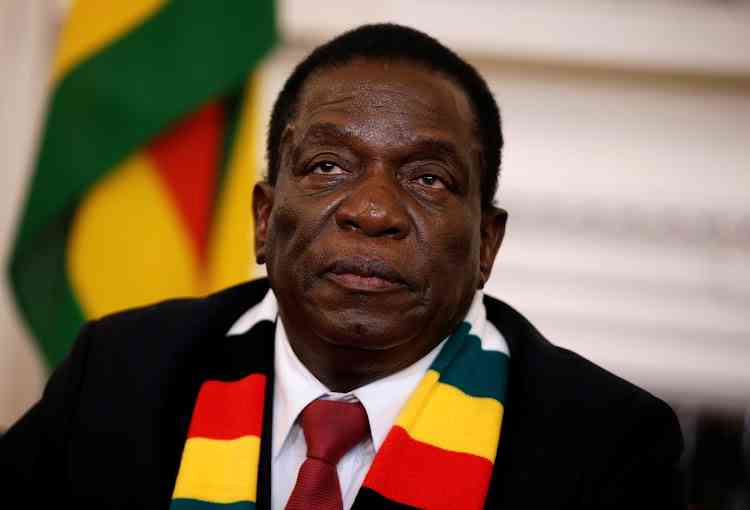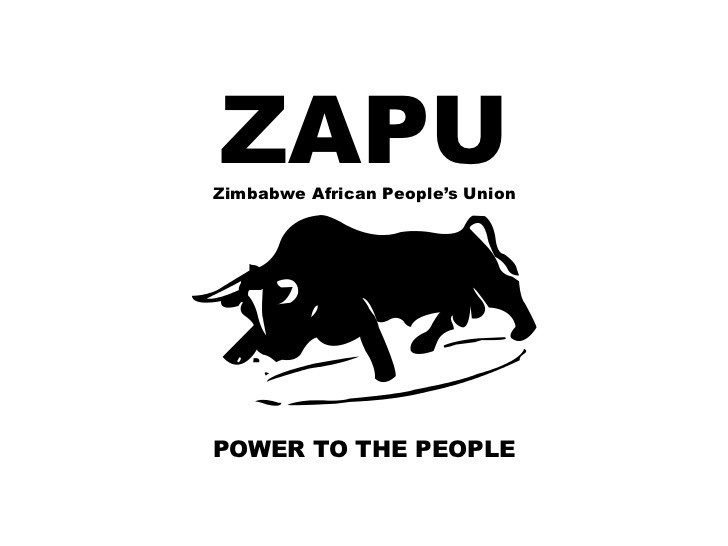
LAST week, I had an opportunity to talk to a local entrepreneur in the haulage business.
To say he was not a happy man would be putting it lightly. He was gravely disappointed, dejected and filled with uncertainty over the future of his trucking business.
For any business, loans are an essential cog whose availability or lack of can easily be the difference between its survival and demise.
The man was in desperate need of a loan to cover some operational costs. However, there was a huge problem.
Zimbabwean banks no longer avail any loans in the more stable and reliable US dollar, which is seriously threatening the continued survival of many companies, including the man’s haulage enterprise.
Desperate to survive, he has been busy selling some of his trucks to offset costs and debts.
No wonder he was distraught as should be the case with thousands of other entrepreneurs across the country in the same sad predicament.
Is the provision of loans not the core business of any banking operation, from where the bulk of profits are derived through interest?
- Mayhem as schools reject Zimdollar fees
- Forex demand continues to fall
- In-depth Interview: 'Local tourism on great rebound'
- USD fees: Govt policy failure hurting parents
Keep Reading
Surely, does this decision to stop lending not also place the banks themselves in danger of collapsing?
So, why did the banks stop issuing loans in US dollars?
Simply put, the government of Zimbabwe in June last year, under Statutory Instrument (SI) 118A of 2022, decreed that the multi-currency system would run until the end of 2025, in line with National Development Strategy 1.
In so doing, there was relative confidence and stability in the issuance of loans in US dollars, which gave both banks and entrepreneurs some sleep at night.
With two more years to go until 2025, surely there was no need for anyone to start panicking.
Nevertheless, there was a lot of panic.
Why?
This was largely on account of President Emmerson Mnangagwa’s statements, whereby he repeatedly threaten5ed to ban the use of the US dollar in the country.
As a matter of fact, this was not the first time it happened since, in 2019, government not only reintroduced the useless and despised local currency, but also declared it the sole legal tender.
The effects were immediate.
Savings, insurances and investments which were previously in US dollars, were converted to Zimdollars (at ZWL$3,5 to US$1), thus losing their value in spectacular fashion.
By the end of January 2020, the exchange rate had soared to ZWL$25 to US$1.
As we speak, the official exchange rate is hovering at ZWL$5 694 to the greenback, and ZWL$7 000 on the parallel market.
It then makes so much sense that the market becomes jittery at the thought of returning to the mono-currency system.
This is more so on the part of banks which stand to lose in a phenomenal way should they offer loans in US dollars today, only for them to be repaid in the unstable and inconsistent Zimdollar.
That is why they have understandably ceased availing loans in the greenback.
Nevertheless, with two years still to go until the period stipulated by SI 118A, there would have been absolutely no need to panic had Mnangagwa not made his ill-advised threats.
In fact, I first heard these threats during his interview with the ZBC around June this year.
Common sense should have bade the pliable State media journalists to ask Mnangagwa about the possible dire consequences of such a move.
However, true to nature and as to be expected, they all giggled like little girls, as if such a terrifying and potentially harmful comment was funny and entertaining!
This was repeated, especially during the election campaign season as Mnangagwa’s administration sought to force the nation into accepting and using the local currency to strengthen it.
It would not have made any sense at all for banks to give out US dollar loans when there was no guarantee that the currency would still be legal tender the following day.
In a country where there are always contradictions, and a government that can just wake up tomorrow and change the law, there was every reason for banks to be wary.
And, indeed, as it turned out on October 28, 2023, Mnangagwa promulgated SI 218 of 2023, which extended the multi-currency system to the end of 2030.
That may be a most welcome development, in finally bringing clarity to this issue, but the damage had already been done.
The very fact that Mnangagwa saw it necessary to enact such a law a whole two years before the expiry of SI 118A shows that he is fully aware of the harm and uncertainty caused by his reckless statements.
There would have been absolutely no need for this rushed law had the President not sowed this alarm and panic in the economy.
As a leader, he should have known better.
- Tendai Ruben Mbofana is a social justice activist, writer, author and speaker. He writes here in his personal capacity.










